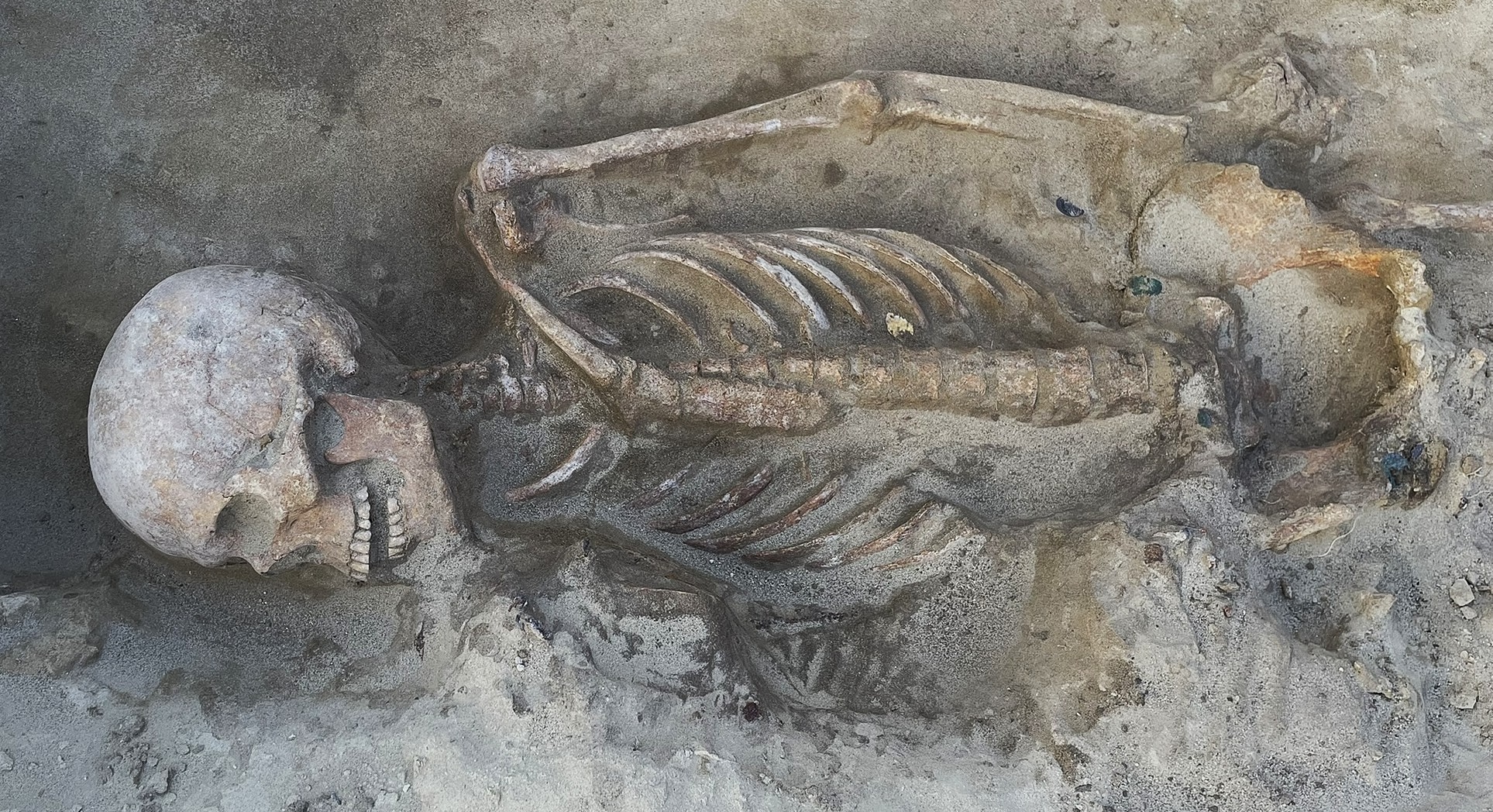Teachers More Religious Than Other College Grads
The highly devout steer toward college majors in education and the humanities, a new study finds.
But while the teachers-in-training tend to become more religious over their college careers, religiosity wanes for those majoring in the humanities.
"Education majors are clearly safe havens for the religious," said study researcher Miles Kimball, an economist at the University of Michigan. "Highly religious people seem to prefer education majors, tend to stay in that major, and tend to become more religious by the time they graduate."
Kimball's findings, announced this week, come from a survey of more than 26,000 individuals who graduated from high school between 1976 and 1996 and took part in the Monitoring the Future Study. Participants were interviewed in their senior year in high school and every two years or so following the initial survey until respondents turn 35.
(Participants indicated on a four-point scale, how often they attend religious services and how important religion is in their lives.)
Questioning authority
While importance of religion changed for those in the humanities and social sciences, students majoring in biology and physical sciences remained just about as religious as they were when they started college.
Get the world’s most fascinating discoveries delivered straight to your inbox.
The researchers suggest college majors can influence religiosity in at least two ways: For one, professors and literature in certain fields might stress one philosophy or another that either boosts or deflates religion. In addition, these same values could be reinforced as students interact with others in their discipline.
The humanities and some social sciences tend to have a strong postmodernist focus, Kimball said. Such questioning of authority can be at odds with religious faith and could explain the flagging importance of religion that occurred over time for these majors.
"By far, the majority of religions do have a notion of absolute truth," Kimball told LiveScience. "And so questioning authority is going to matter, including the authority of the bible and religious texts."
As for education, Kimball said, "A lot of people in education majors are headed toward being K-12 teachers." He added, "They're going to be thinking about how do we educate children, and the idea of trying to teach morals and ethics and character is an obvious thing to think about as you're trying to educate children." Such a focus on morals could lend itself to focusing on religion as well.
Other religious links
The study, released by the National Bureau of Economic Research, fits in with other links found between field of study and religion. Psychiatrists are the least religious among physicians, according to a study reported in 2007 in the journal Psychiatric Services.
And a study of more than 1,600 scientists from elite U.S. universities showed biologists and economists were slightly less religious than other scientists. The same study found no significant difference in religious beliefs between social and natural scientists.
"Biologists are being faced with much more religious challenge than the other fields, in terms of evolution, and I think there's a bit of a backlash there," said sociologist Elaine Howard Ecklund of Rice University, who conducted the study of elite scientists along with Jerry Park of Baylor University.
- The Evolution of Religion
- Religion News & Information
- Audio: Does Science Condemn God?
Jeanna Bryner is managing editor of Scientific American. Previously she was editor in chief of Live Science and, prior to that, an editor at Scholastic's Science World magazine. Bryner has an English degree from Salisbury University, a master's degree in biogeochemistry and environmental sciences from the University of Maryland and a graduate science journalism degree from New York University. She has worked as a biologist in Florida, where she monitored wetlands and did field surveys for endangered species, including the gorgeous Florida Scrub Jay. She also received an ocean sciences journalism fellowship from the Woods Hole Oceanographic Institution. She is a firm believer that science is for everyone and that just about everything can be viewed through the lens of science.


